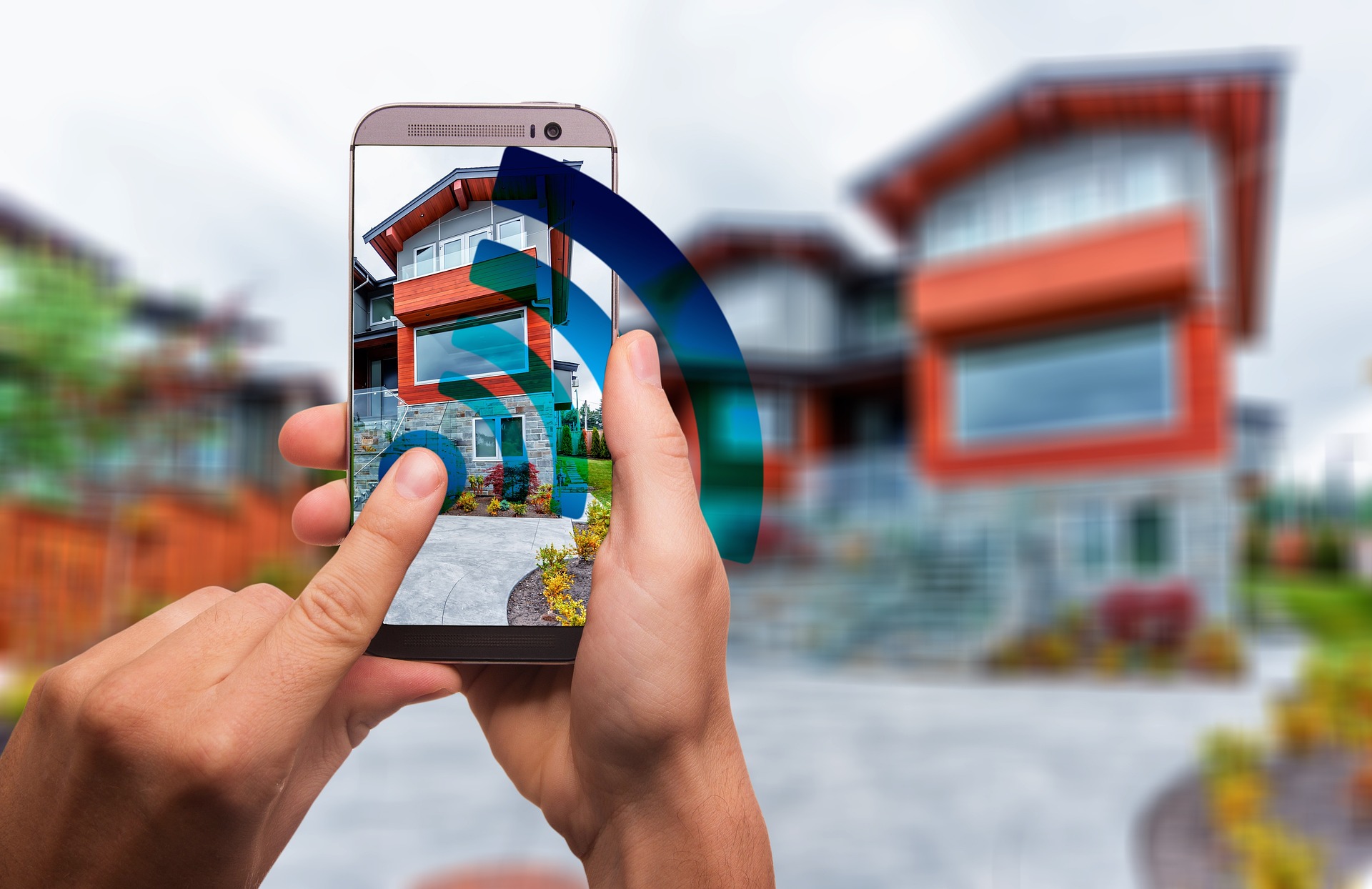Smart home devices are transforming the way homeowners manage energy, making everyday living more efficient and cost-effective. From programmable thermostats to AI-powered appliances, these innovations allow better control over usage while reducing waste. Understanding regional factors such as Savannah natural gas prices helps highlight how smart technology can optimize savings by adjusting consumption in real time. As these devices become more advanced, they not only cut utility bills but also promote sustainable living by aligning energy use with eco-friendly practices. The future of utilities is becoming increasingly digital, giving homeowners smarter tools to balance comfort, affordability, and environmental responsibility.
Smarter Energy Management

Smart thermostats have become one of the most popular devices for a reason: they learn your habits and adjust heating or cooling automatically. Instead of blasting the air conditioning all day, a thermostat can scale back when you’re away and ramp up before you return. Similar features are found in smart plugs and energy monitors, which track how much power appliances consume. Having real-time insights gives you control over energy use like never before. By cutting unnecessary consumption, these devices often pay for themselves through reduced bills in just a few months.
Integration Across Devices
The biggest advantage of smart home systems is the flawless integration. A smart hub can connect your thermostat, lighting, and appliances to work together seamlessly. Imagine a scenario where leaving the house triggers your thermostat to lower, lights to turn off, and your security system to activate—all automatically. This level of coordination turns energy savings into a lifestyle, not just an afterthought. The more your devices communicate, the smoother your home runs, and the less you have to worry about wasted resources.
The Long-Term Payoff
While smart devices can be pricey at first, they often deliver long-term savings. Many utilities even offer rebates for adopting energy-saving technology, which helps reduce the initial cost. Beyond financial benefits, the environmental impact is significant. By lowering demand for electricity and water, households play a direct role in conserving resources. Over time, the combined effect of millions of smart homes can reshape energy consumption patterns. Investing in smart devices is less about gadgets and more about future-proofing your home.
Smart home devices are no longer futuristic luxuries—they’re practical tools that change how utilities are managed daily. With smarter energy management, water conservation, improved lighting, and seamless integration, homeowners can cut costs while enjoying greater comfort. The long-term benefits go beyond personal savings, contributing to broader environmental goals. By adopting these technologies, you’re stepping into a future where efficiency and convenience go hand in hand.







